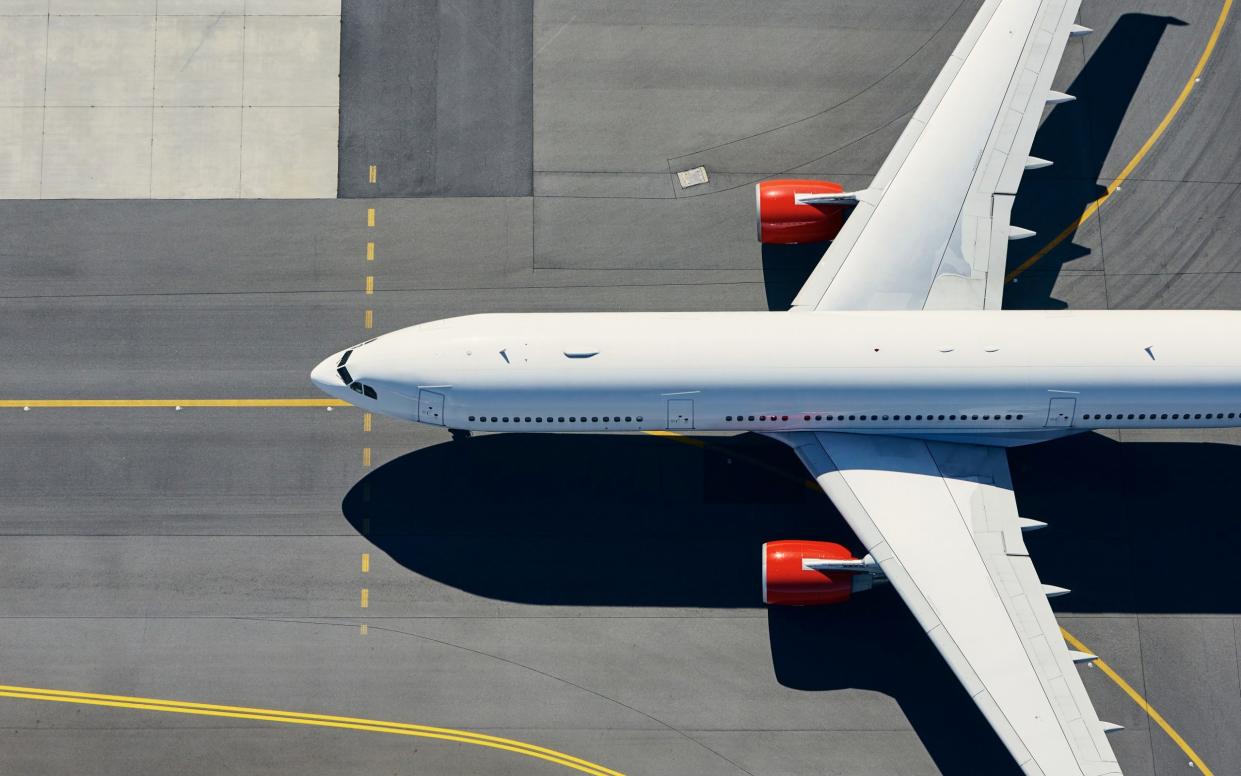Travellers are increasingly losing legal battles with big airlines – and it’s time we were told why

This summer we have seen more airport delays and more flight cancellations than ever before. Yet – according to Which? Travel – success rates for passengers challenging airlines which refuse to pay compensation are less than half what they were five years ago. What on earth is happening, and is the system still working in passengers’ interests?
There is one fundamental weakness to the EU directive on compensation for flight delays and cancellations, which became part of UK law in 2005. The rules promise much in theory – typically hundreds of pounds compensation for a significant delay and also strict requirements for alternative travel arrangements for when flights are cancelled. But in practice, it has often been a struggle for passengers to get the payout that is due to them. The rules are also confusing for a lay person, because they don’t apply to all delays and cancellations, only those which are the fault of the airline.
So unhappy were the airlines with the directive when it was first introduced, it took years of media pressure and court cases to establish precedents and to force them, kicking and screaming, to start paying up. Meanwhile an entire claims industry was spawned, promising to fight for your compensation, though obviously only in return for a share of it.
Then in 2016 there was a new development which seemed to offer some sensible help to consumers and avoid the trouble and expense of having to use the only other alternative to take your battle to the airlines, the Small Claims Court. The CAA authorised two private adjudication schemes – AviationADR and CEDR – to assess and rule on disputes, including those claims, between airlines and passengers, such as Wizz Air flight delay compensation.
Both are primarily funded by the airlines themselves, although CEDR charges passengers £25 if their claim is “completely unsuccessful”. Airlines are free to choose which scheme they use – most opt for AviationADR, but BA and SAS use CEDR. (Neither scheme is compulsory and some airlines, such as Jet2, Emirates and Norwegian don’t partake at all.)
But Which? Travel this week raised questions about how the schemes are working. It has dug into the stats and found that the proportion of cases adjudicated by AviationADR which found in favour of the consumer fell from 71 per cent in 2017 to just 24 per cent last year. The very latest figure for so far in 2022 is 33 per cent. This compares with CEDR’s success rate for passengers of 60 per cent in the most recent quarter of this year – only a little lower than 2017 figures.
We have to be a little careful not to jump to conclusions about these figures. The difference between the two schemes could, for example, come down to the fact that the two airlines that use CEDR are treating passenger claims more harshly. Or perhaps the £25 fee with this scheme means only those with stronger claims are using the service.
The falling rate of passenger success is concerning, however. A rate of 33 per cent so far this year, when there have been so many delays and cancellations, seems – on the face of it – very low. And it is not clear why it is dropping over the longer term, either. The CAA has said that it isn’t concerned by the numbers and says that these “could be due to many different factors”. AviationADR hasn’t yet responded to my enquiry about the falling rates, but it told Which? that when its decisions have been challenged previously, it has, on occasion, submitted a number of the claims to independent legal experts for review. “On all occasions, we received confirmation that our decisions were detailed and correct,” it said.
But Which? remains concerned about the variations in success rates and thinks it’s wrong that airlines are free to subscribe to the ADR scheme of their choice. The editor, Guy Hobbs, is calling for a single mandatory scheme, “to ensure travellers' claims can be dealt with quickly and fairly when issues arise and put an end to compensation limbo.”
Certainly, we need an answer as to why passengers who dare to challenge the big airlines are losing so much more often than they were. If this troubled directive is ever going to work, it needs to be effectively enforced.

